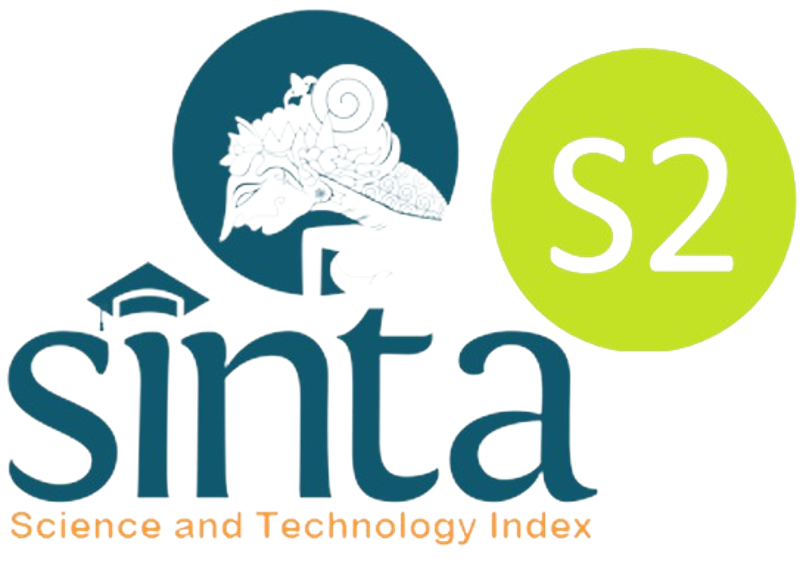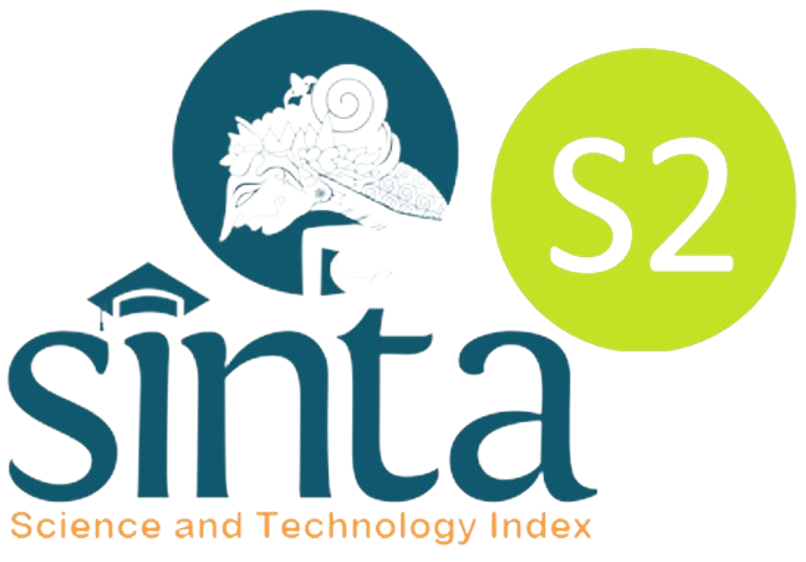IMPLEMENTASI MODEL SIKLUS BELAJAR HIPOTETIKAL DEDUKTIF UNTUK MENINGKATKAN PENGUASAAN KONSEP DAN KETERAMPILAN BERPIKIR KREATIF SISWA SMA
DOI:
https://doi.org/10.26740/jpps.v5n1.p795-801Keywords:
Hypothetical Deductive Learning Cycle Model, Creative Thinking Skills, Concept MasteryAbstract
This study aimed to describe the feasibility, student activities, student response, student mastery of concepts, creative thinking skills, and the relationship between creative thinking skills with concept mastery, and obstacles after implementation of the Hypothetical Deductive learning cycle model on buffer solution topic. This study was conducted in three stages, namely preparation of teaching materials, validation and revision stages of teaching materials, and implementation the Hypothetical Deductive learning cycle model using the one group pretest-posttest design. Results of research showed that the feasibility of the lesson plan included in the excellent category, the dominant activity of students were to discuss with their group, students indicated a positive response to learning, the average gain score of concept mastery was 0.78 (high gain) and those of creative thinking skill was 0.62 (moderate gain), and there was a strong and significant correlation between creative thinking skill and student concept mastery with correlation value of 0.905, and the main obstacles found at the first meeting was students difficulties in designing experiments and still not familiar with the learning model that applied. Based on the data analysis, it had been concluded that the hypothetical Deductive learning cycle model could increased students creative thinking skills and students concept mastery.
Penelitian ini ditujukan untuk mendeskripsikan keterlaksanaan, aktivitas siswa, respons siswa, penguasaan konsep siswa, keterampilan berpikir kreatif, hubungan antara keterampilan berpikir kreatif dengan penguasaan konsep siswa, dan hambatan-hambatan setelah implementasi model siklus belajar Hipotetikal Deduktif pada pokok bahasan larutan penyangga. Penelitian ini dilaksanakan dalam tiga tahap, yaitu tahap pembuatan perangkat pembelajaran, tahap validasi dan revisi perangkat pembelajaran, serta tahap implementasi model pembelajaran siklus belajar Hipotetikal Deduktif menggunakan rancangan One Group Pretest-Posttest Design. Hasil penelitian menunjukkan bahwa keterlaksanaan RPP termasuk dalam kategori sangat baik, aktivitas siswa yang dominan adalah berdiskusi dengan teman sekelompok, siswa menunjukkan respon positif terhadap pembelajaran, skor peningkatan penguasaan konsep siswa rata-rata sebesar 0,78 (gain tinggi) sedangkan skor peningkatan keterampilan berpikir kreatif rata-rata sebesar 0,62 (gain sedang), serta terdapat korelasi yang kuat dan signifikan antara keterampilan berpikir kreatif dan penguasaan konsep siswa, dengan harga koefisien korelasi sebesar 0,905, dan hambatan utama yang ditemukan pada pertemuan pertama yaitu siswa kesulitan dalam merancang eksperimen serta masih canggung dengan model pembelajaran yang diterapkan. Berdasarkan hasil analisis data dapat disimpulkan bahwa model siklus belajar Hipotetikal Deduktif dapat digunakan untuk meningkatkan keterampilan berpikir kreatif dan penguasaan konsep siswa.
Downloads
Downloads
Published
How to Cite
Issue
Section
 Abstract views: 484
,
Abstract views: 484
, PDF Downloads: 680
PDF Downloads: 680













